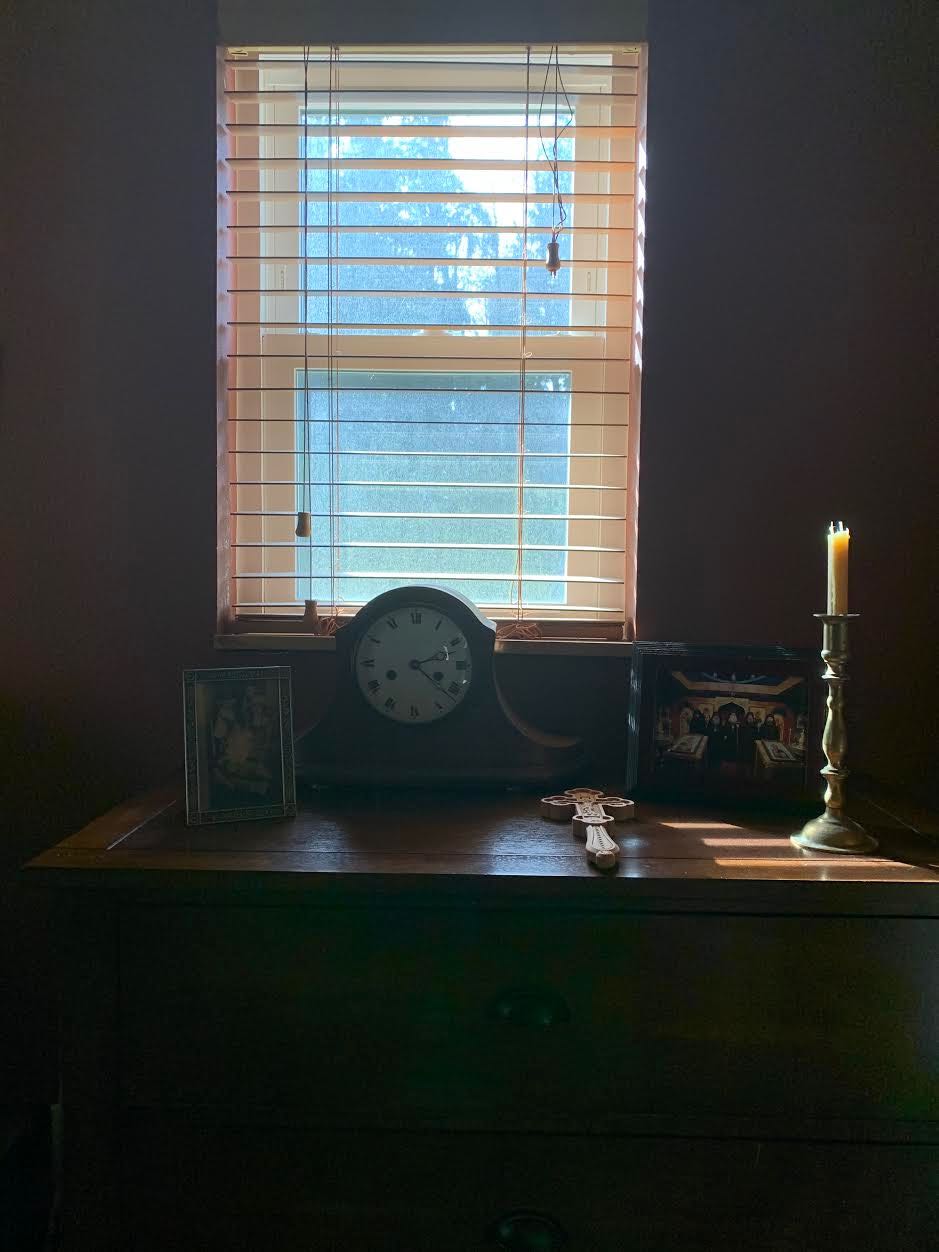But let no man be troubled at the apostles being in such an imperfect state. For not yet was the cross accomplished, not yet the grace of the Spirit given. But if thou wouldest learn their virtue, notice them after these things, and thou wilt see them superior to every passion.
St. John Chrysostom
Homily 65 on Matthew 20, 2,3,4,6. B#54, pp.399-401,403., 4th Century
For with this object He reveals their deficiencies, that after these things thou mightest know what manner of men they became by grace. ... No one shall sit on His right hand nor on His left.
St. John Chrysostom
Homily 65 on Matthew 20, 2,3,4,6. B#54, pp.399-401,403., 4th Century
For that throne is inaccessible to all, I do not say to men only, and saints, and apostles, but even to angels, and archangels, and to all the powers that are on high. ... But for whom is it prepared? For them who could become distinguished by their works.
St. John Chrysostom
Homily 65 on Matthew 20, 2,3,4,6. B#54, pp.399-401,403., 4th Century
Seest thou how they were all in an imperfect state, when both these were lifting themselves up above the ten, and those envying the two? But, as I said, show me them after these things, and thou wilt see them delivered from all these passions.
St. John Chrysostom
Homily 65 on Matthew 20, 2,3,4,6. B#54, pp.399-401,403., 4th Century
Let us then become lowly, that we may be high. For most utterly doth arrogance abase. ... Abraham saith, "I am dust and ashes," and prevailed over countless barbarians, and having fallen into the midst of Egyptians, returned, bearing a trophy more glorious than the former, and, cleaving to this virtue, grew ever more high.
St. John Chrysostom
Homily 65 on Matthew 20, 2,3,4,6. B#54, pp.399-401,403., 4th Century
Before He humbled Himself, only the angels knew him. After He humbled Himself, all human nature knew Him. You see how His humbling of Himself did not make Him have less but produced countless benefits, countless deeds of virtue, and made His glory shine forth with greater brightness? God wants for nothing and has need of nothing. Yet, when He humbled Himself, He produced such great good, increased His household, and extended His kingdom. Why, then, are you afraid that you will become less if you humble yourself?
St. John Chrysostom
On the Incomprehensible Nature of God. 8.46-47. Taken from: Ancient Christian Commentary on Scripture. Vol: Mark. Intervarsity Press, 2005, p. 143.
Hear at least how this same John, he who now came to Him for these things, everywhere gives up the first place to Peter, both in addressing the people, and in working miracles, in the Acts of the Apostles. And he conceals not Peter's good deeds, but relates both the confession, which he openly made when all were silent, and his entering into the tomb, and puts the apostle before himself.
St. John Chrysostom
Homily 65 on Matthew 20, 2,3,4,6. B#54, pp.399-401,403., 4th Century



